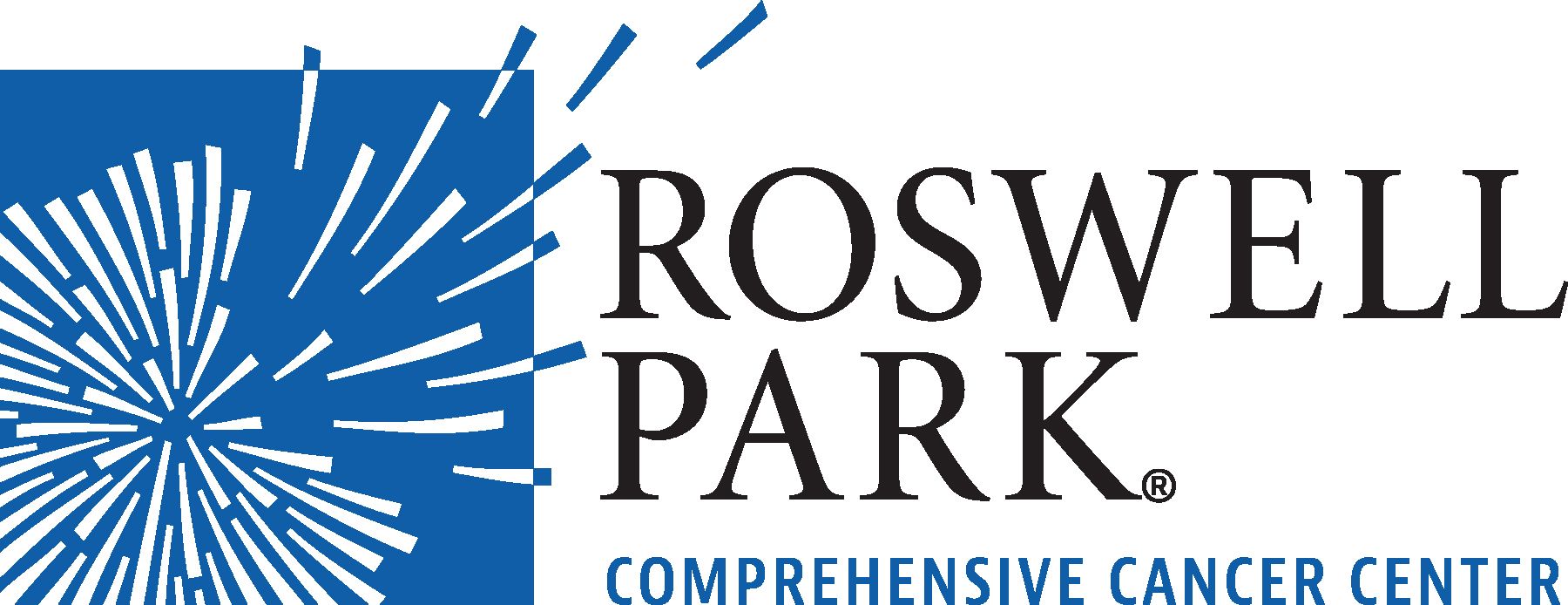
Supplements and Featured Publications
- Milestones in Medicine: Updates in AML
- Volume 1
- Issue 1
Dr. Wang on Expanding the Role of MRD Testing in AML

Eunice Wang, MD, discusses the utility of minimal residual disease testing in hematologic malignancies and challenges associated with expanding its role in clinical practice for acute myeloid leukemia.
Eunice Wang, MD, chief of the Leukemia Service, the Department of Medicine, Roswell Park Comprehensive Cancer Center, discusses the utility of minimal residual disease (MRD) testing in hematologic malignancies and challenges associated with expanding its role in clinical practice for acute myeloid leukemia (AML).
MRD status is the primary measurement of deep and durable patient responses and is commonly utilized to assess the success of a given treatment in hematologic malignancies like chronic lymphocytic leukemia and multiple myeloma, Wang begins.
The metric reflects the small amount of remaining cancer cells in the bone marrow and blood after treatment that are below the level of detection, she says. Increasing reliance and significance has been placed on MRD testing as a prognostic indicator for other hematologic malignancies, making it an area of great interest in AML, Wang says. However, there are several limitations associated with maximizing the utility of MRD status.
The prognostic value of MRD is currently assessed by multi-parametric flow cytometry (MFC), Wang explains. MFC measures the physical and chemical characteristic of tumor cells, thereby identifying specific molecular mutations or abnormal protein markers associated with a disease type. However, AML is a biologically diverse disease with several key genetic mutations, Wang notes. Moreover, many of these mutations are only found in a small subset of patients, she continues. Multiple protein pathways are involved in AML, which can lead to variable protein expression. Based on these factors, it is difficult to standardize MRD testing in AML, Wang says.
Several retrospective and prospective trials will attempt to address these challenges by assessing MRD tests, Wang says. These trials aim to validate and standardize these tests across the board, she concludes.
Articles in this issue
about 3 years ago
Unique Properties of Uproleselan Demonstrates Promise in AMLover 3 years ago
E-selectin Inhibitor Uproleselan May Bolster SOC Efficacy in AMLover 3 years ago
Dr. Shallis on the Investigation of Uproleselan in AMLover 3 years ago
Dr. Kadia on E-selectin as a Target in the Treatment of AML





































